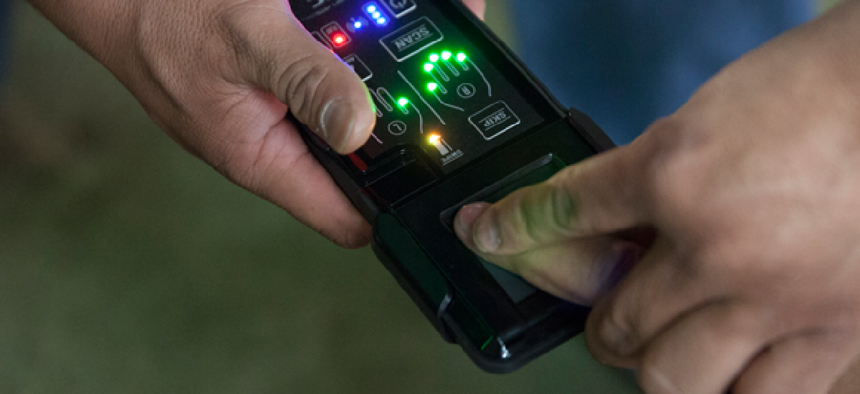Cookie List
A cookie is a small piece of data (text file) that a website – when visited by a
user – asks your browser to store on your device in order to remember information about you, such as your
language preference or login information. Those cookies are set by us and called first-party cookies. We also
use third-party cookies – which are cookies from a domain different than the domain of the website you are
visiting – for our advertising and marketing efforts. More specifically, we use cookies and other tracking
technologies for the following purposes:
Strictly Necessary Cookies
We do not allow you to opt-out of our certain cookies, as they are necessary to
ensure the proper functioning of our website (such as prompting our cookie banner and remembering your privacy
choices) and/or to monitor site performance. These cookies are not used in a way that constitutes a “sale” of
your data under the CCPA. You can set your browser to block or alert you about these cookies, but some parts
of the site will not work as intended if you do so. You can usually find these settings in the Options or
Preferences menu of your browser. Visit www.allaboutcookies.org
to learn more.
Functional Cookies
We do not allow you to opt-out of our certain cookies, as they are necessary to
ensure the proper functioning of our
website (such as prompting our cookie banner and remembering your privacy choices) and/or to monitor site
performance. These cookies are not used in a way that constitutes a “sale” of your data under the CCPA. You
can set your browser to block or alert you about these cookies, but some parts of the site will not work as
intended if you do so. You can usually find these settings in the Options or Preferences menu of your
browser. Visit www.allaboutcookies.org
to learn more.
Performance Cookies
We do not allow you to opt-out of our certain cookies, as they are necessary to
ensure the proper functioning of our
website (such as prompting our cookie banner and remembering your privacy choices) and/or to monitor site
performance. These cookies are not used in a way that constitutes a “sale” of your data under the CCPA. You
can set your browser to block or alert you about these cookies, but some parts of the site will not work as
intended if you do so. You can usually find these settings in the Options or Preferences menu of your
browser. Visit www.allaboutcookies.org
to learn more.
Sale of Personal Data
We also use cookies to personalize your experience on our websites, including by
determining the most relevant content and advertisements to show you, and to monitor site traffic and
performance, so that we may improve our websites and your experience. You may opt out of our use of such
cookies (and the associated “sale” of your Personal Information) by using this toggle switch. You will still
see some advertising, regardless of your selection. Because we do not track you across different devices,
browsers and GEMG properties, your selection will take effect only on this browser, this device and this
website.
Social Media Cookies
We also use cookies to personalize your experience on our websites, including by
determining the most relevant content and advertisements to show you, and to monitor site traffic and
performance, so that we may improve our websites and your experience. You may opt out of our use of such
cookies (and the associated “sale” of your Personal Information) by using this toggle switch. You will still
see some advertising, regardless of your selection. Because we do not track you across different devices,
browsers and GEMG properties, your selection will take effect only on this browser, this device and this
website.
Targeting Cookies
We also use cookies to personalize your experience on our websites, including by
determining the most relevant content and advertisements to show you, and to monitor site traffic and
performance, so that we may improve our websites and your experience. You may opt out of our use of such
cookies (and the associated “sale” of your Personal Information) by using this toggle switch. You will still
see some advertising, regardless of your selection. Because we do not track you across different devices,
browsers and GEMG properties, your selection will take effect only on this browser, this device and this
website.






